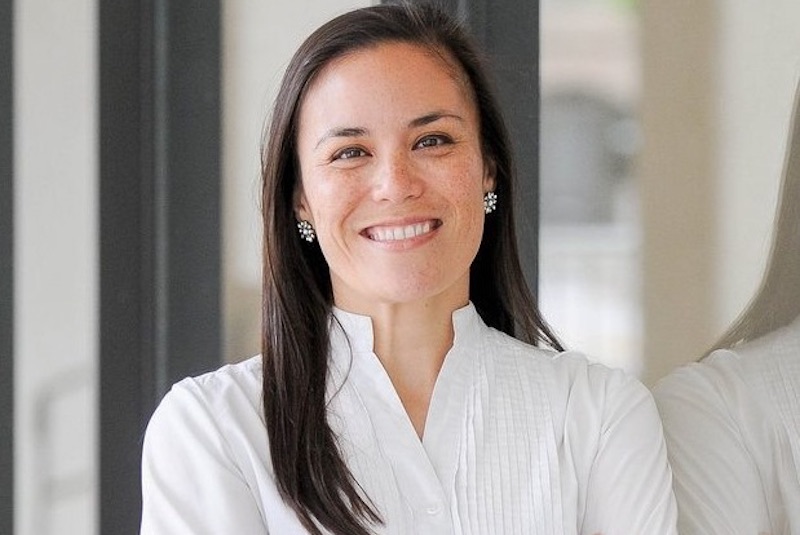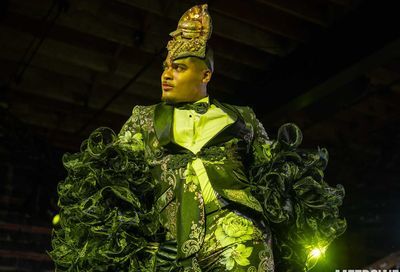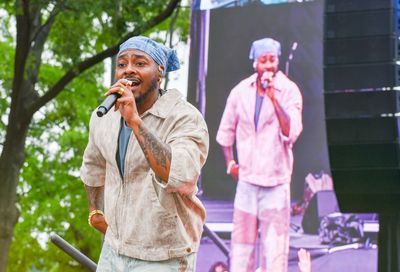Gay man ‘tortured’ for days by Air Force after sexuality uncovered
Simon Hinchley-Robson accused British military police of repeatedly assaulting him in the 1980s.

A gay former serviceman in Britain’s Royal Air Force says he was ‘tortured’ for days after superiors learned about his sexuality.
Simon Hinchley-Robson, 57, who joined the RAF in 1980, said he was subjected to forced internal searches and denied food and sleep for four days.
Hinchley-Robson’s ordeal started in 1986, while serving as a cook at an RAF base in England. He fell ill, experiencing sudden weight loss, and was diagnosed with glandular fever by military doctors. However, Hinchley-Robson was concerned by the weight loss — a potential symptom of advanced HIV infection — and requested an HIV test.
He was transported to a civilian hospital, where he was later arrested by RAF police after being discharged. According to Hinchley-Robson, his test request was taken by superiors to be an admission that he was gay — something outlawed in the armed forces until 2000.
In testimony read out in the U.K. Parliament by Eltham MP Clive Efford, Hinchley-Robson described what happened after his arrest, which he called “the most horrendous and awful experience no-one should ever have to endure,” ITV News reports.
“I was led to an interrogation room, this — unknown to me — was going to be my home for the next four days,” he said. “I was denied food, I was denied sleep and only given small amounts of water.”
Hinchley-Robson said he was “immediately searched, asked to strip and searched internally,” with officers telling him this was “the procedure.”
After he refused to respond to questions about potential relationships with other military personnel, Hinchley-Robson said he was repeatedly assaulted.
“The medical gloves went on and I was again subject to what I can only say was rape while I was again internally searched,” he said.
The searches were carried out every four hours, whenever there was a shift change of RAF police personnel. Efford, reading Hinchley-Robson’s testimony, characterized the treatment of his constituent as “a form of torture for being gay.”
Hinchley-Robson was ultimately discharged from the air force, aged just 21, losing his military pension as a result.
After Hinchley-Robson’s testimony was read to lawmakers, the British government responded by encouraging him to apply to have his military pension reinstated, adding that the military was more inclusive than it was during the 1980s.
Efford said he was “struck by the response” from the government, adding, “They were listening, there was more of a tone of understanding and contrition than we had been getting from our correspondence.”
He urged others who had faced similar military dismissals to “come forward” and “work together to get some justice.”
The Ministry of Defence, which oversees the British armed forces, said in a statement that it is “proud of LGBT+ service personnel and value their current and historic contributions to our Armed Forces.”
“It will always remain deeply regrettable that personnel were historically discriminated against because of their sexuality, it was unacceptable then and it is unacceptable now,” they continued. “We do not tolerate any form of bullying, harassment and discrimination within defense.”
However, Hinchley-Robson disputed that the armed forces are now LGBTQ-friendly, telling ITV News that he went public with his ordeal in order to achieve some form of justice — both for himself and other LGBTQ people who were affected.
“I wanted [the RAF] to come forward and say they were wrong,” he said. “All I wanted was my pension reinstated. That was it. I wasn’t after major money or anything like that.”
He said that there are “so many people” who experienced similar treatment before open service was legalized.
“There are at least four people that I know, from Gibraltar to back in the UK, who went through a similar thing and unfortunately they hanged themselves,” he continued. “And I want justice for them as well.”
He added: “Although they say you can be open in the forces, I would still dispute, if I walked into an army recruitment office or the marines and said ‘by the way I am gay, I want to join up’, they would find everything they could to stop me from joining up. They really would.”
Support Metro Weekly’s Journalism
These are challenging times for news organizations. And yet it’s crucial we stay active and provide vital resources and information to both our local readers and the world. So won’t you please take a moment and consider supporting Metro Weekly with a membership? For as little as $5 a month, you can help ensure Metro Weekly magazine and MetroWeekly.com remain free, viable resources as we provide the best, most diverse, culturally-resonant LGBTQ coverage in both the D.C. region and around the world. Memberships come with exclusive perks and discounts, your own personal digital delivery of each week’s magazine (and an archive), access to our Member's Lounge when it launches this fall, and exclusive members-only items like Metro Weekly Membership Mugs and Tote Bags! Check out all our membership levels here and please join us today!



























You must be logged in to post a comment.